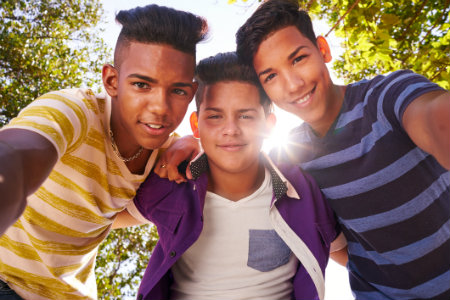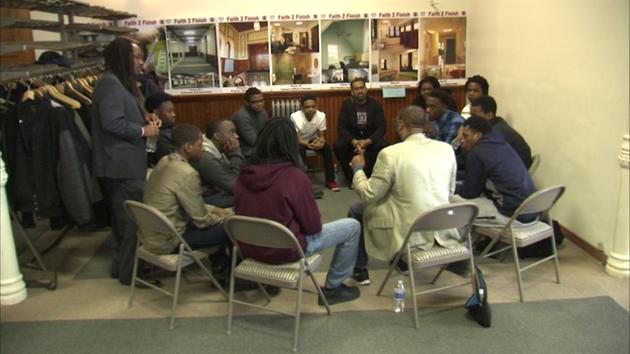Boys of Color
On the national level, in 2014, President Obama launched "My Brother's Keeper," aimed at addressing bad publicity received by boys of color and the structural, societal, and economic realities they face in this country. In 2016, the Urban Institute released a report entitled, "Aiming Higher Together: Strategizing Better Educational Outcomes for Boys and Young Men of Color," in which author Ronald Ferguson describes My Brother's Keeper as more of a movement than an initiative and states that a social movement is what is needed to "dismantle the predicament" faced by boys of color. Our Work In 2013, we published a special double issue entitled, "Development of Boys of Color and Challenges for Ethnic Minorities," in the American Journal of Orthopsychiatry. These issues include work conducted by the Boys of Color Collaborative, which was initiated to take advantage of some of the longitudinal data sets to fill in gaps in knowledge about the status, trajectories, and moderators of developmental outcomes of boys of color. While acknowledging the poor developmental outcomes plaguing boys of color, the collaborative sought to provide a more balanced view in this double issue and thus also addressed their strengths and resilience. The intent was to help us not only to understand the problems that boys of colors face but also to place a spotlight on the fact that many are doing well in a way that helps us figure out how to expand the numbers of boys of color who thrive. Among the topics addressed are: issues related to cognitive and socioemotional functioning; the relationship of parental socialization practices with cognitive development, socioemotional functioning, language, and identity; the influence of social context on development; and family life and adolescent child development. Following the special issue, the Global Alliance co-sponsored the Summit on Positive Development of NOLA Youth: A Call to Action with the Boys of Color Collaborative at Tulane University. Global Alliance award winners Drs. Oscar Barbarin, Constance Flanagan, Frank Furstenburg, and Tom Tyler presented on the importance of building trust with youth, nurturing psychological wellbeing and social competence in youth, identifying meaningful roles for youth in communities, and meeting the challenges in the transition to adult roles. They, along with our staff, participated in conversation sessions with youth and youth leaders from New Orleans. Summit participants discussed ideas about what is working and what needs to be supported and expanded in the city to help create more auspicious environments for youth development. Want to learn more?
What can you do?
|



